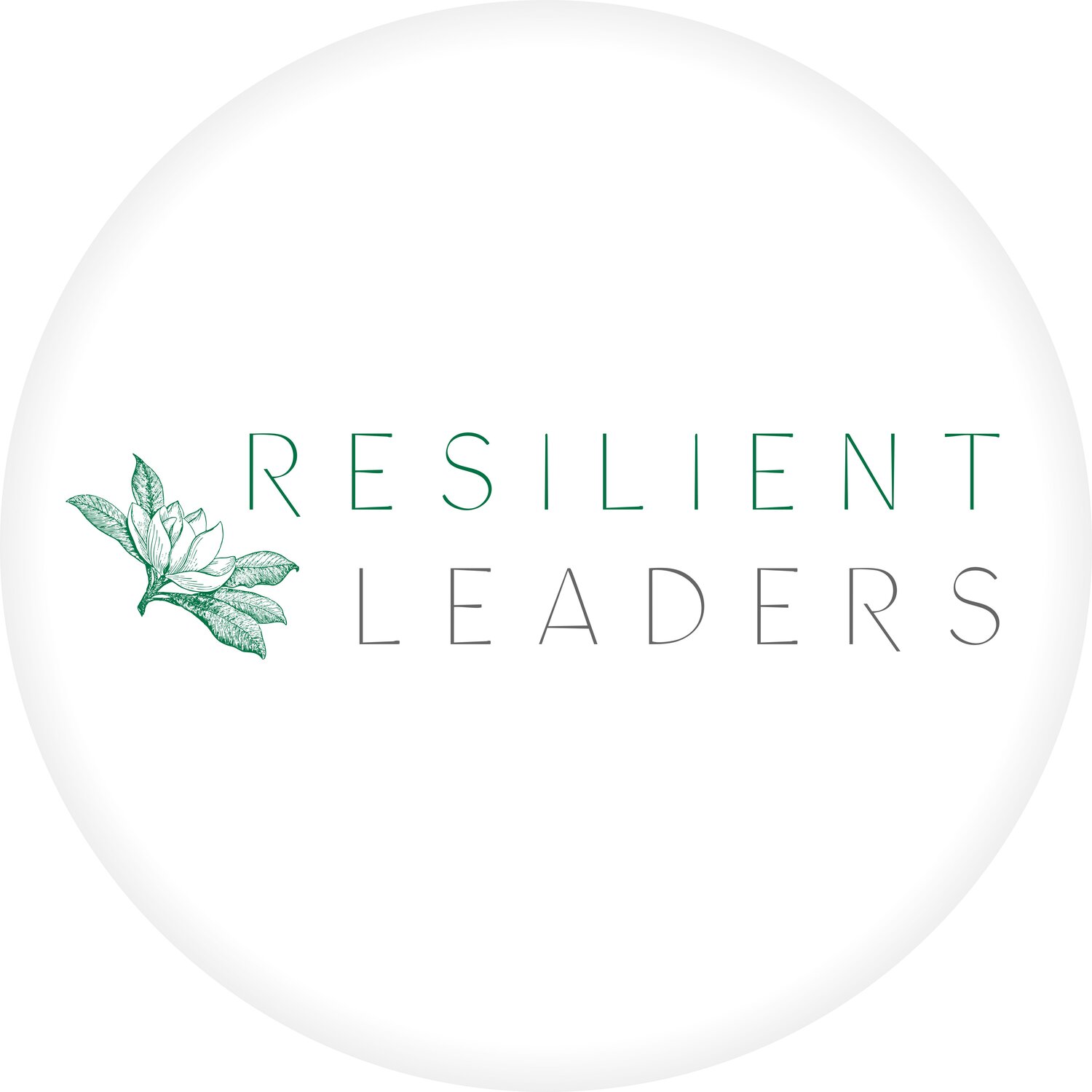Taking Career Risks: Tips from Shellye Archambeau
“A career risk is “a decision you make that could have negative consequences to your current role or career trajectory, but that also offers the potential for significant gain.”
Career success often requires taking risks, stepping outside of your comfort zone, and pursuing opportunities that may not be guaranteed. While it can be tempting to stick with the status quo and avoid a potential failure, taking calculated risks can lead to significant growth and reward in your professional life. Shellye Archambeau, a successful tech executive and author of the book "Unapologetically Ambitious," offers valuable insights on navigating career risks and achieving success.
First and foremost, defining a career risk is essential. According to Archambeau, a career risk is "a decision you make that could have negative consequences to your current role or career trajectory, but that also offers the potential for significant gain." This means that a career risk is not just about taking any random opportunity but about being strategic and intentional in pursuing opportunities that could lead to significant growth.
One of the biggest obstacles to taking career risks is fear. Fear of failure, fear of rejection, and fear of the unknown can all hold us back from pursuing opportunities that could be life-changing. However, Archambeau notes, "fear is a natural emotion, but it doesn't have to control your actions." To overcome fear, taking a proactive approach to risk-taking is essential. This includes researching, seeking advice from trusted mentors and colleagues, and developing a solid plan for pursuing your goal.
Another critical factor in taking career risks is having a growth mindset. Archambeau states, "having a growth mindset means being open to learning and growing, even if it means taking on challenges and experiencing setbacks." This means embracing the idea that failure is not the end of the road but rather an opportunity to learn and improve. Adopting a growth mindset allows you to approach career risks with curiosity and optimism rather than fear and anxiety.
In addition to these mindset shifts, Archambeau offers practical tips for taking career risks. Here are a few of her key insights:
Build a strong support network: A strong support network of mentors, colleagues, and friends can help you navigate the ups and downs of risk-taking. These individuals can offer advice, guidance, and emotional support when needed.
Be strategic: Taking career risks should not be a haphazard process. Instead, being strategic and intentional about the opportunities you pursue is essential. This means doing your research, setting clear goals, and developing a plan for how you will achieve them.
Develop a resilience mindset: Resilience is vital to navigating the ups and downs of risk-taking. This means being able to bounce back from setbacks, learn from failure, and maintain a sense of optimism and positivity.
Be adaptable: Taking career risks often means stepping into unknown territory. Being versatile and flexible can help you quickly navigate these new challenges and opportunities.
Take action: Finally, taking career risks requires action. You can't achieve your goals by simply thinking about them. Instead, you need to take concrete steps toward your goal, whether applying for a new job, starting a business, or pursuing a new skill or certification.
Shellye Archambeau: Fortune 500 board member, Former CEO of MetricStream, Advisor and Author
Ms. Archambeau is an experienced CEO and Board Director with a track record of accomplishments building brands, high performance teams, and organizations. Ms. Archambeau currently serves on the boards of Verizon [NYSE:VZ], Nordstrom [NYSE: JWN], Roper Technologies [NYSE: ROP], and Okta [NASDAQ: OKTA]. She is also a strategic advisor to Forbes Ignite and to the President of Arizona State University, and serves on the boards of two national nonprofits, Catalyst and Braven.
She is the former CEO of MetricStream, a Silicon Valley-based, governance, risk, and compliance software company that enables corporations to improve their business operations through better risk management across the enterprise. Ms. Archambeau built the company into a global market leader with over 1200 employees serving customers around the world. Under her leadership MetricStream was recognized for growth and innovation over the years and was named in the top 10 of the “Deloitte Technology Fast 50” and named a global leader in GRC by leading independent analyst firms for 9 co
In conclusion, taking career risks can be daunting, but it's often a necessary step toward achieving your professional goals. By adopting a growth mindset, building a solid support network, and being strategic and adaptable, you can confidently navigate career risks and succeed in your chosen field. As Shellye Archambeau notes, "taking risks is not about being reckless; it's about being deliberate in your pursuit of growth and success."


